We're All Made in God's Image
*My original intent was to write a devotion with a Mother’s Day focus for this Sunday morning, but then this past week happened. I, along with so many of you, heard the name Ahmaud Arbery for the first time this week even though his unconscionable murder occurred nearly three months ago. As I cycled through outrage and deep sadness, I caught myself thinking, “I hope every pulpit says this man’s name on Sunday.” Yet in a COVID-19 world, where our church services are recorded days in advance, we no longer have the ability to make quick changes in response to life. This is a feeble attempt to acknowledge a communal tragedy and failure.
“He fit the description of someone who had been breaking into cars.” When Ahmaud Arbery was followed, harassed, and murdered in February, the two men doing the following, harassing, and murdering claimed that he fit the description of someone they were already on the look out for—someone who was not necessarily a threat, but was someone who they felt needed to be punished. That phrase “he fit the description of….” chills me. Like a pebble in my shoe, that phrase keeps making me wince each time I take a step. It’s an excuse heard far too often whenever force is used against a black or brown person, and it is an excuse that has been tried and tested over and over again in this nation’s history. “He fit the description of someone I believe really is deserving of my brutality so, therefore, he is, too.”
Since (I’m guessing) you and I have never taken it upon ourselves to murder someone in the name of vigilante justice, we might not see ourselves in this story. Our collective and correctly-placed outrage might serve as a shield against seeing our complicity. Dare with me to set down our shields and see how we might be suffering from this same disease even if our symptoms never become so grave.
He fits the description of someone who believes differently than me. She fits the description of someone who behaves differently than me. He fits the description of someone who might harm me, or take advantage of me, or be up to no good, or would lie to me. Fill in the blank. While we may never go so far as to exact justice because of the verbs we place in that blank, we are oh so quick to see a whole human being and assign all sorts of intentions and assumptions onto their body because of our lived experience or false beliefs rather than anything innate to the human being in front of us. And tragically, the legacy of our faith has fed into this sin. Bible-loving Christians have read into texts about judging sheep from goats all sorts of justifications for creating an “us” vs. “them.” Or a “me” vs. “you.”
And yet our faith says there is only one acceptable way to fill in the blank after the phrase, “He fit the description of ___.” Our Bible practically begins with, “So God created humankind in his image, in the image of God he created them; male and female he created them.” (Genesis 1: 27) And from Genesis on, the Bible reminds us page after page of the belovedness of each human, of the essential imperative to love as God loves, and to love others as ourself. Until I can look at another human and say, “He/ She fits the description of my God,” then I am woefully short of the standard that God has called me to—called us to. Until then, I stand before God and tell Him, “You fit the description of myself.”
The church has a long history of creating God in our own image rather than living into the shackle-breaking reality of being created in God’s image. We have much work yet to do in examining our role in racism and in the continued oppression and marginalization of our brothers and sisters. But while we do that work (and, oh, I pray we never cease doing that work!) may we walk with a pebble in our shoes, wincing each and every time we fail the image of the human before us as God’s own.
Rev. Shelley Woodruff, Pastor for Community Engagement, First Baptist Church of Decatur

